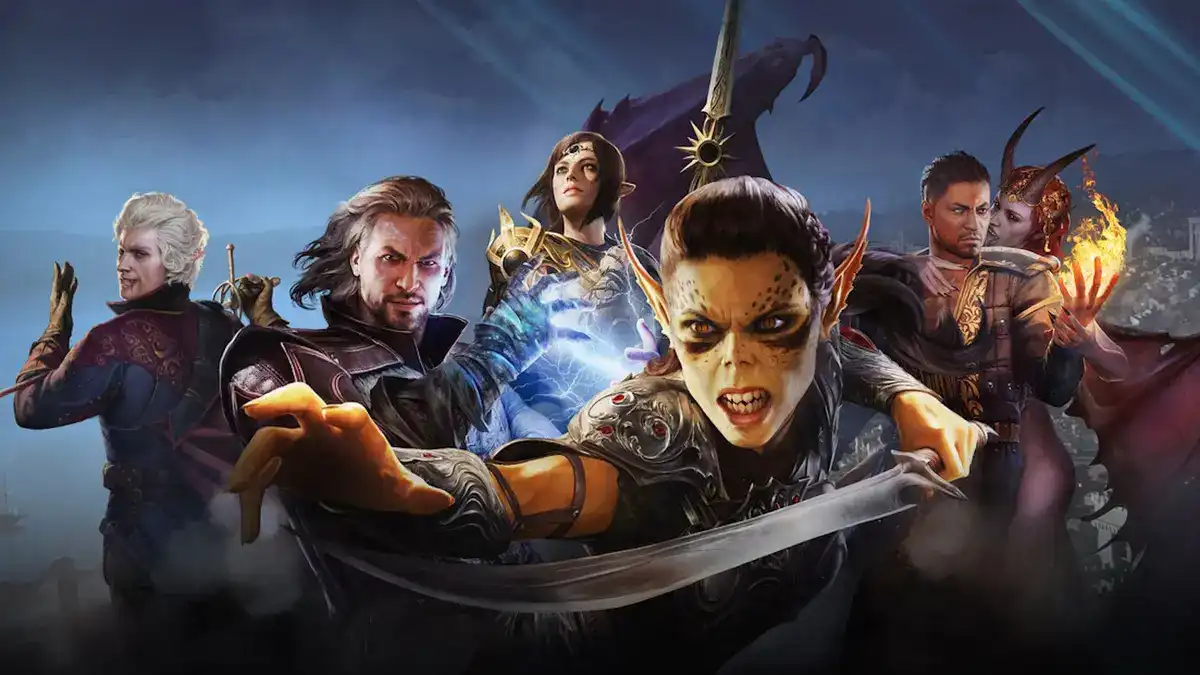Baldur's Gate 3, a popular video game, has a compelling narrative that captivates many players. Yet, it's the surprise moments that often heighten the overall gaming experience.
An interesting example is when gamers find themselves unexpectedly involved with a powerful wizard's struggle for power. This scenario creates an adrenaline-pumping adventure that captivates players, leaving them eager to advance in the game.
The sequence starts with the player unknowingly walking into a situation that requires immediate action. A powerful wizard named Gale is involved in a struggle for power and being in his proximity unexpectedly opens up a powerful narrative.

The climactic moment occurs when Gale, in a desperate need to fuel his spell, requests the player to sacrifice their valuable and rare artifacts. The choice at this moment significantly impacts the storyline, creating an immersive experience for the gamer.
The Gale Conundrum
The wizard, Gale, presents an interesting character. His thirst for power and the lengths he will go to achieve it add an interesting layer to the narrative. Players are compelled to weigh their decisions, knowing this unpredictable ally can turn into an enemy overnight.
Gale's unpredictability triggers instinctive reactions from the players. Should they offer their hard-earned possessions to Gale? Or should they deny him, risking his wrath? It's a moral dilemma with no clear answers.
The decision to help Gale directly impacts the game's dynamics. By sacrificing their valuable artifact, gamers can ensure his powerful assistance. On the other hand, refusing Gale might lead to unexpected consequences.
The tension builds up, and players get engrossed in the thrilling storyline. The choice they make defines the rest of their virtual journey, highlighting the impact of decision-making in video games.
The Impact of Decision Making
Decision-making has always been an integral part of video gaming. But in Baldur's Gate 3, it's not just about winning the game. It's about following a character's development and journey.
Every decision has consequences which players must face. By including morally complex situations, the game encourages gamers to engage and invest heavily in not only playing but thinking.
Video games are an interactive medium, and Baldur's Gate 3 maximizes this aspect. Players feel the full weight of their choices, be it victory or possible defeat. This integration of aspects from reality enhances player immersion in the game.
Bringing a host of reactions, the moral and ethical choices presented by Gale put the player in a catch-22 situation. Either decision brings a complex yet thrilling gaming experience.
Narrative Immersion
In the world of video games, narrative immersion signifies the point where player actions bear real consequences. It is at this moment in Baldur's Gate 3 where players feel the narrative immersion.
Gale, the wizard with an insatiable thirst for power, becomes the instrument of this narrative immersion. Whether he is perceived as an ally or a threat depends on the player's choice.
The unsettling possibility that an ally can turn an enemy evokes a unique sense of urgency within the player, enhancing the overall narrative immersion of the game.
Situations like these highlight the brilliance of Baldur's Gate 3 while setting a standard for video game storytelling, engaging gamers in a true narrative-based play.
Final Thoughts
The encounter with Gale is a shining example of how Baldur's Gate 3 manages to keep players on their toes. The choice they make can tilt the scales in their favor or leave them in potential danger.
This crucial moment also represents the tremendous narrative power of video games. It shows how an engaging and interactive storyline can make gameplay an emotionally charged experience.
Baldur's Gate 3 does a stellar job in driving home the importance of every game decision, enhancing play immersion and satisfaction. Gale's request for aiding him seems simple, yet its implications are far-reaching.
Every choice in Baldur's Gate 3 is essential, demonstrating how decision-making shapes gameplay. Players feel the impact of their actions, making each interaction more significant and more memorable.